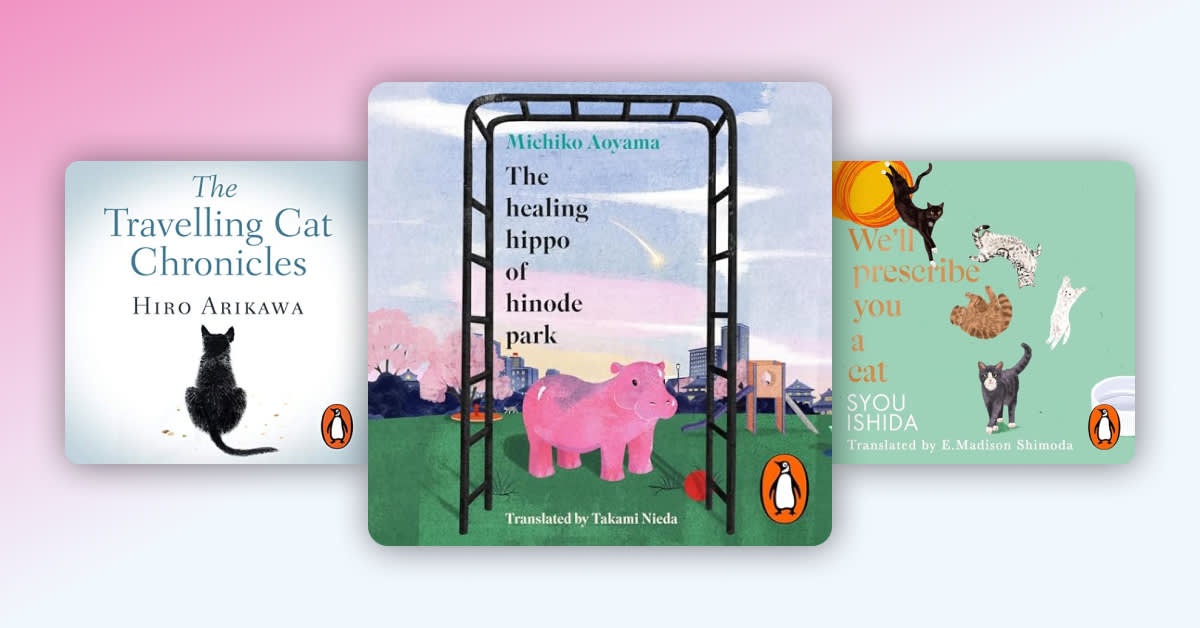In a world increasingly reliant on technology, reading the latest bestseller doesn’t necessarily mean leafing through the pages of a traditional paper book. E-book readers give us access to thousands of novels and nonfiction works at the click of a button — perfect if you’re travelling and don’t have a lot of luggage space.
If you simply don’t have a lot of free time to pick up a ‘real’ book, audiobooks allow people to consume literature both on the go or while they’re doing other things. They also make books more accessible and enjoyable for people who might not consider themselves strong readers.
But are some book formats better than others?
Is listening to an audiobook the same as reading?
Since the audiobook’s advent in the 1930s (then found on a set of gramophone records made for the visually impared), the debate of whether listening to literature is as valuable as reading it has raged on.
It’s not unusual to come across an audiobook fan who guiltily thinks of the medium as ‘cheating’. Some people believe reading is only valuable if you work hard for it. That’s certainly the side Beth Rogowsky, associate professor of education at Bloomsbury University of Pennsylvania, used to take.
She decided to put her assumptions to the test in 2016, tasking some of her students to listen to sections of a nonfiction book. Other participants read them on an e-reader, while a third group did a mixture of listening and reading. Everyone then took an exam to see how well they’d absorbed the material.
To Rogowsky’s surprise, all groups performed equally well on the assessment. There was no significant difference in comprehension between readers, listeners and those who did a mixture of both. The study suggested that listening to a book might be just as beneficial as reading it, dispelling the myth that what goes in through your ears or your eyes is taken in in a different way.
Traditionalists may think you can’t fall in love with an audio recording in the same way you become attached to a physical book, but there are just as many people who find greater emotional connection and engagement levels when a narrator is helping to paint the pictures.
Differences between reading and listening to a book
Clearly, the practicalities of reading and listening to a book can be very different, and there are many situations where one format is the obvious choice over the other.
For instance, it’s impossible (or at least incredibly dangerous) to read a book while you’re out driving, running or even walking on busy streets. An audiobook can be great for multitaskers who want to use their hands for something else. Got a big meal to cook, or household chores to get on with but want to engage your mind in something more exciting? Listening to an audiobook can make tasks a lot more pleasant and productive.
But in some ways you’re relinquishing control with an audiobook. You don’t get to decide the pace, the tone or rhythm of the novel when you’re a passive listener. You may also find the narrator’s voice doesn’t match your expectations, which could dampen the listening experience.
And if you’re multitasking, concentration lapses are common. It’s easy to miss vital plot events and it’s more fiddly to go back and listen to certain sections, rather than simply re-reading the page to ensure you understood what just happened.
Another advantage of audiobooks is that they can be fun for all the family and liven up a long car journey. Younger readers and those with learning difficulties can feel more included. But of course, unless you’ve come prepared, devices can run out of battery. A key advantage of a real book is that it will always outsmart a power cut — assuming you’ve got enough candles to read it.
Can you combine listening and reading?
We’ve talked about audiobooks vs. reading, but you don’t necessarily have to choose one or the other. In fact, combining the two for the same novel can be a great way of getting through a book in a hurry (perhaps for your weekly book club) or ensuring prior commitments don’t leave you waiting to find out what happens next.
I often listen to the audiobook of one I’m physically reading when I’m a passenger on a long car journey. I experience motion sickness when I try to read on the road, so downloading the audiobook is a great alternative, picking up the story where I left off reading.
However, as page numbers are not dictated on the audio, it’s often hard to find the exact right place to continue the story in the other medium. The best way to get around this is to only switch format at the start of a chapter. Luckily, gone are the days of laboriously rewinding a cassette to try and find the right place.
Dual formats can also help if there’s a book you’ve heard great things about but find it quite hard to get into when you finally pick it up. Listening to a book can often cement ideas, characters and settings in your mind so that you get to that glorious ‘can’t put it down’ stage more quickly when you try again with the physical copy.
Experiencing a novel this way can feel a little indulgent though. Buying both a physical copy and an audiobook of the same story can get expensive fairly fast. It might be a good option if the book you’re reading is a borrowed one (either from a friend or your local library) though.
Should you listen to a book you've already read?
You don’t have to only download and listen to stories that are new to you. Many people find the audiobook of a novel they’re already familiar with allows them to experience the story in a new way — similar to reading the book, then watching the film adaptation.
Think about an adult reading you a bedtime story when you were a child. Sometimes these would be books that you’d already read, but focusing on the voice can give a fresh new take and mean you notice details you didn’t before. And often there’s nothing more soothing than listening to a story you already know.
The choice of narrator can be a big draw for listening to something you’ve read before too. For instance, you may have enjoyed reading a celebrity’s autobiography, but the experience can be greatly enhanced by hearing the author read their own words. While a full cast recording of an action-packed thriller can bring an already much-loved book to life and be something you come back to time and time again.




